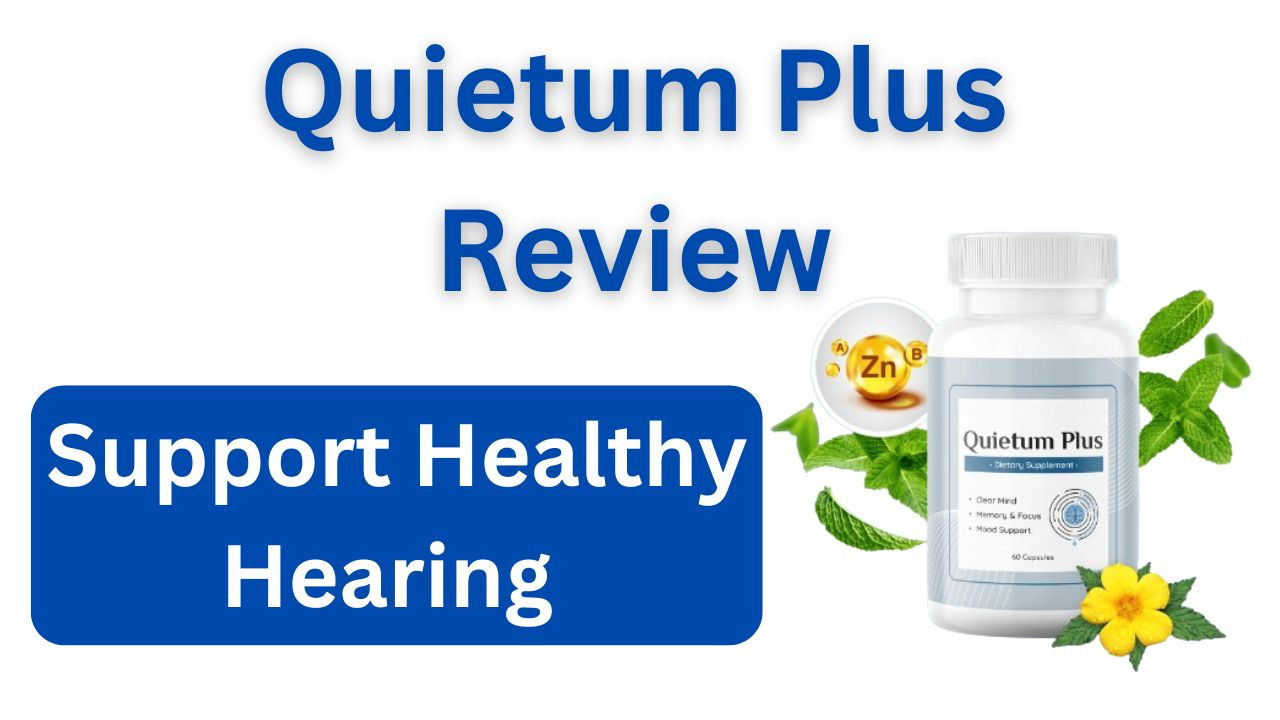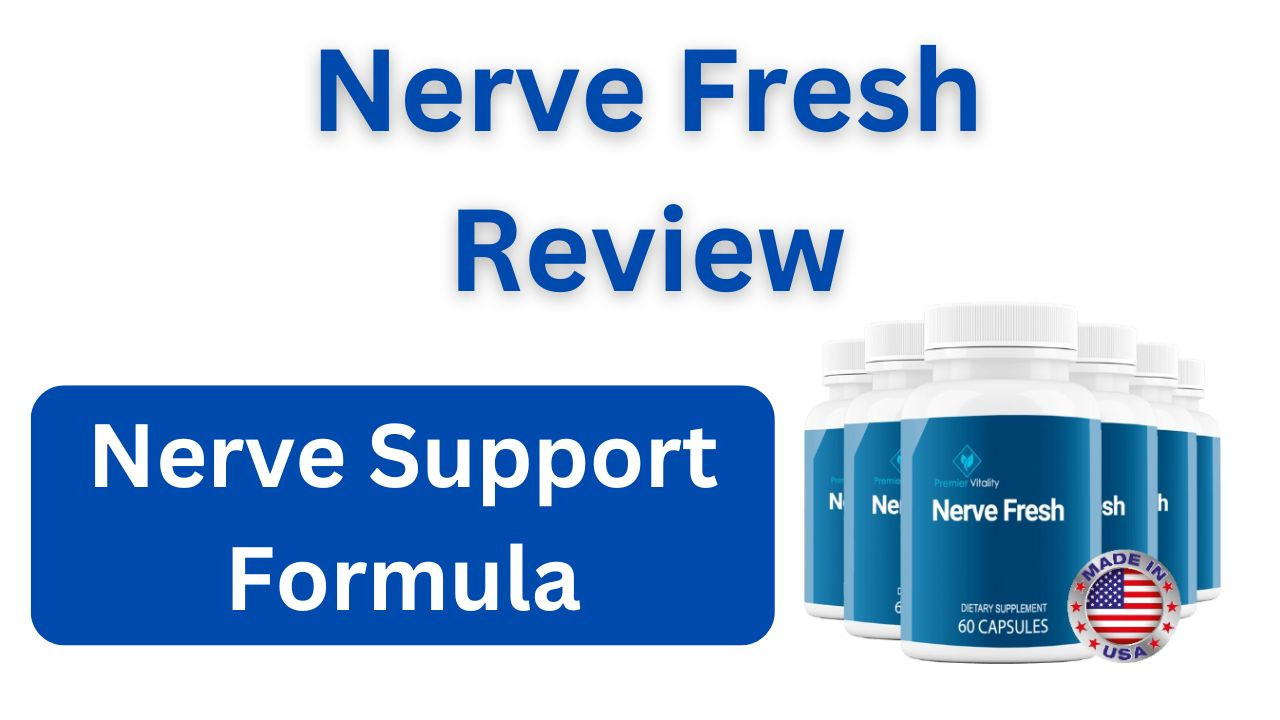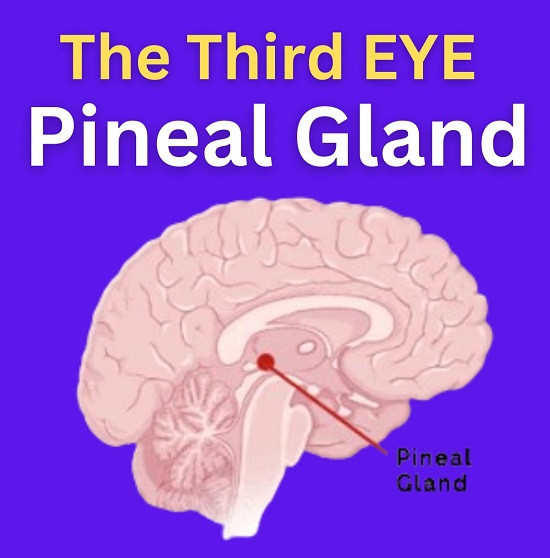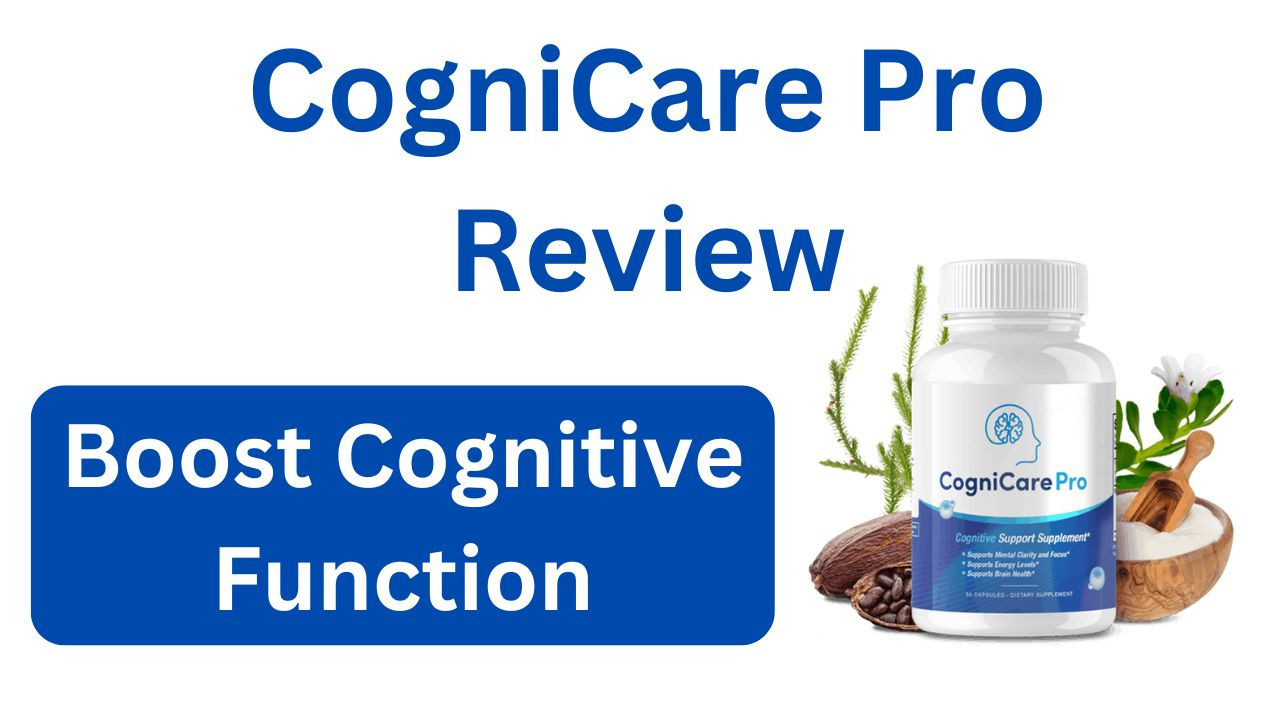What is Fatty Liver ?
Fatty liver, also known as hepatic steatosis, is a condition characterized by the accumulation of fat (triglycerides) in the liver cells. It's a common liver disorder and can be categorized into two main types:
Non-alcoholic Fatty Liver Disease (NAFLD): This is the most common form of fatty liver and is not related to excessive alcohol consumption. It typically occurs in people who have risk factors such as obesity, diabetes, high blood pressure, high cholesterol, or a sedentary lifestyle.
Alcoholic Fatty Liver Disease (AFLD): This condition is directly caused by excessive alcohol consumption over time and is reversible if alcohol consumption is stopped.

Reason of Fatty Liver Occur -
Fatty liver can occur for various reasons, and the exact cause may differ from person to person. The two main types of fatty liver are non-alcoholic fatty liver disease (NAFLD) and alcoholic fatty liver disease (AFLD), and their causes are as follows:
1. Non-Alcoholic Fatty Liver Disease (NAFLD):
NAFLD is the most common type of fatty liver and is not related to alcohol consumption. It is often associated with underlying metabolic factors and lifestyle choices. Common causes and risk factors include:
- Obesity: Excess body weight, particularly abdominal obesity, increases the risk of NAFLD.
- Insulin resistance: Insulin resistance, often associated with conditions like type 2 diabetes, can lead to fat accumulation in the liver.
- Type 2 diabetes: Having diabetes is a significant risk factor for NAFLD.
- High blood pressure: Hypertension can contribute to the development of fatty liver.
- High cholesterol and triglycerides: Elevated levels of these blood lipids can increase the risk of NAFLD.
- Sedentary lifestyle: Lack of physical activity can contribute to fat accumulation in the liver.
- Unhealthy diet: A diet high in saturated fats, sugars, and refined carbohydrates can promote fatty liver.
- Rapid weight loss: Losing weight too quickly, especially through crash diets, can exacerbate NAFLD.
2. Alcoholic Fatty Liver Disease (AFLD):
AFLD is directly related to excessive alcohol consumption. When you consume alcohol, your liver metabolizes it. Chronic alcohol abuse can lead to a buildup of fat in the liver cells. Risk factors and causes for AFLD include:
- Excessive alcohol consumption: Regular, heavy drinking over a long period is the primary cause of AFLD.
- Genetics: Some individuals may be more susceptible to AFLD due to genetic factors.
- Nutritional deficiencies: Alcohol abuse can lead to poor nutrition, which can worsen liver health.
In both NAFLD and AFLD, the accumulation of fat in the liver can progress to more severe liver conditions, such as non-alcoholic steatohepatitis (NASH), fibrosis, cirrhosis, and liver failure, if left untreated.
It's important to note that not everyone who drinks alcohol excessively will develop alcoholic fatty liver, and not all cases of fatty liver are caused by alcohol consumption. Lifestyle factors, genetics, and other underlying health conditions can play a significant role in the development of fatty liver. To address and prevent fatty liver, it's essential to make healthy lifestyle choices, manage underlying medical conditions, and seek medical advice if you suspect you have fatty liver or related liver problems.
Watch To Know Signs Of Damaged Liver -

How To Overcome From Fatty Liver ?
Fatty liver can progress to more serious liver conditions, such as non-alcoholic steatohepatitis (NASH), fibrosis, cirrhosis, and liver failure, if left untreated. Therefore, it's important to manage and, if possible, reverse fatty liver. Here are some steps you can take to overcome or manage fatty liver:
Lifestyle Changes:
- Weight loss: If you are overweight or obese, losing weight through a balanced diet and regular exercise can help reduce fat in the liver.
- Healthy diet: Focus on a diet that is low in saturated fats, sugars, and refined carbohydrates. Instead, eat plenty of fruits, vegetables, whole grains, and lean proteins.
- Portion control: Be mindful of portion sizes to prevent overeating and excessive calorie intake.
- Regular exercise: Engage in regular physical activity, aiming for at least 150 minutes of moderate-intensity exercise per week.
- Limit alcohol intake: If you have alcoholic fatty liver disease, it's crucial to stop or significantly reduce alcohol consumption.
Manage Medical Conditions:
- Control diabetes: If you have diabetes, work with your healthcare provider to manage your blood sugar levels effectively.
- Manage high blood pressure and high cholesterol: Take medications and make lifestyle changes as recommended by your healthcare provider to control these conditions.
Avoid Rapid Weight Loss:
- Avoid crash diets or rapid weight loss programs, as they can worsen fatty liver.
Medications:
- In some cases, your doctor may prescribe medications to manage specific aspects of fatty liver, such as controlling blood sugar or reducing liver inflammation.
Regular Medical Check-ups:
- It's important to have regular check-ups with your healthcare provider to monitor the progress of your fatty liver and adjust your treatment plan if necessary.
Avoid Toxins:
- Minimize exposure to toxins and medications that can harm the liver, especially if you have alcoholic fatty liver disease.
It's essential to consult with a healthcare professional for a proper diagnosis and personalized treatment plan, as the severity of fatty liver can vary from person to person. They can provide guidance on the most appropriate steps to manage and overcome fatty liver based on your specific circumstances and needs.


Customer Feedback -













Facebook Conversations